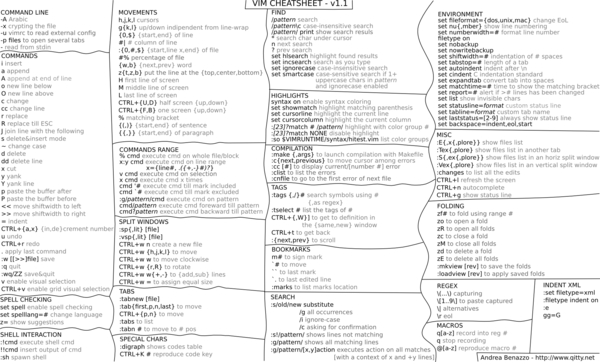

Searches that include a regular expression that contains a double backslash, such as in a filepath like c:\\temp, the search interprets the first backslash as a regular expression escape character. The backslash cannot be used to escape the asterisk in search strings. Splunk SPL uses the asterisk ( * ) as a wildcard character. If you want to match a period character, you must escape the period character by specifying \. The period character is used in a regular expression to match any character, except a line break character. Splunk regex cheat sheet: These regular expressions are to be used on. The backslash character ( \ ) is used in regular expressions to "escape" special characters. Viewed 6k times 0 Im trying to use Splunk to search for all base path instances.
Splunk search with regex series#
Search Processing Language (SPL) A Splunk search is a series of. If the instance does only search and not indexing, it is usually referred to as a dedicated search head. This is interpreted by SPL as a search for the text "expression" OR "with pipe". In a distributed search environment, the search head is the Splunk instance that directs search requests to a set of search peers and merges the results back to the user. This Splunk Search String Splunk Search StringRegarding the search regex : First, the (-i) syntax forces the search to be processed, in a sensitive way. For example, A or B is expressed as A | B.īecause pipe characters are used to separate commands in SPL, you must enclose a regular expression that uses the pipe character in quotation marks.

Here are a few things that you should know about using regular expressions in Splunk searches.Ī pipe character ( | ) is used in regular expressions to specify an OR condition. You can also use regular expressions with evaluation functions such as match and replace. Field transforms contain a field-extracting regular expression and other settings that govern the way the transform extracts fields. See configure custom fields at search time. You can use regular expressions with the rex and regex commands. You can apply one regular expression to multiple field extraction configurations, or have multiple regular expressions for one field extraction configuration. | convert timeformat="%b %d, %Y %I:%M:%S %p" ctime(TimeOfRequest)Īny help trying to figure this query would be much appreciated.Splunk Search Processing Language (SPL) regular expressions are PCRE (Perl Compatible Regular Expressions). | rex field=FullyQualifiedUserName "+$", Calling_Station_Identifier Or Policy_Name=Authentication EventCode=1 *$name$* (FullyQualifiedUserName = +$), Calling_Station_Identifier 2020 Splunk regex cheat sheet: These regular expressions are to be used on. | table TimeOfRequest, ResultMessage, regex The Splunk rest search command can be used to call the 2 custom REST API. Groups, quantifiers, and alternation Regular expressions allow groupings indicated by the type of bracket used to enclose the regular expression characters. I looked into running some sort of regex against the field, but I'm not yielding any results, just errors.Įxample of my queries below: "Policy_Name=Authentication EventCode=1 *$name$* Regular expressions terminology and syntax Character types Character types are short for literal matches.
Splunk search with regex full#
I need to cleanup the FullyQualifiedUsername by removing the full path with only leaving Lastname, Firstname, i.e.
I've been asked for a slight modification to the output. ResultMessage User BobSmith was granted access.įullyQualifiedUserName domain.local/OU1/OU2/OU3/OU4/Smith, Bob | convert timeformat="%b %d, %Y %I:%M:%S %p" ctime(TimeOfRequest)" |rex field=_raw (FullyQualifiedUserName=+$), Calling_Station_Identifier | eval TimeOfRequest= _time | table TimeOfRequest, ResultMessage,

To remove characters based on a regular expression, use rex modesed. I'm new to Splunk, as you'll see, but I have inherited trying to figure out an existing dashboard and to modify it.Įxisting Search: "Policy_Name=Authentication EventCode=1 *$name$* Splunk Enterprise search results on sample data Splunk contains three processing.


 0 kommentar(er)
0 kommentar(er)
